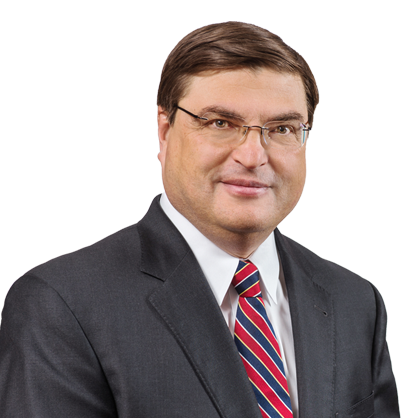Insights
Thought Leadership
DEEP Revises and Resubmits Proposed Wave 2 RSRs and EUR Regulations
On October 27, the Connecticut General Assembly's Legislative Regulation Review Committee (the LRRC) rejected without prejudice the Connecticut Department of Energy and Environmental Protection's (the DEEP) proposed amendments to the Remediation Standard Regulations (the RSRs) and the Environmental Use Restriction (EUR) Regulations. The LRRC returned both sets of proposed regulations to the DEEP for revision consistent with the October 16 recommendations of the Legislative Commissioner's Office (the LCO). The LCO's memoranda identified substantive concerns and technical corrections.
Responding to the LRRC actions, the DEEP, on October 30, resubmitted the proposed amendments to the RSRs to the LRRC. The response document, which is attached to the DEEP's transmittal to the LRRC, reviews the DEEP's responses to each of the recommendations in the LCO's RSRs memorandum. On the morning of November 3, the DEEP resubmitted the proposed amendments to the EUR Regulations to the LRRC. Similar to the resubmission of the proposed amendments to the RSRs, a response document attached to DEEP's transmittal to the LRRC outlines the DEEP's responses to each of the concerns identified in the LCO's EUR Regulations memorandum. It is anticipated that both sets of revised proposed regulations will likely be on the LRRC's November 24 agenda.
The RSRs specify the standards for the remediation of environmental contamination as required by C.G.S. Section 22a-133k. (See Regulations of Connecticut State Agencies (RCSA) Sections 22a-133k-1 through 22a-133k-3.) The RSRs were first promulgated in 1996 and amended in 2013. The 2013 amendments are referred to as "Wave 1." The 2020 proposed amendments are referred to as "Wave 2." Wave 2 seeks a number of changes to the existing RSRs, including the pathways for Licensed Environmental Professional (LEP) approval of cleanups, clarifications of multiple existing regulatory provisions affecting remediation and the provision for more stringent cleanup requirements under certain remediation circumstances.
The DEEP's regulations pertaining to Environmental Land Use Restrictions (the ELURS) have been in place since 1996 (see RCSA Section 22a-133q-1). The DEEP's proposed amendments relating to the EUR Regulations address the use of Notice of Activity and Use Limitations (NAULs) in addition to the ELURs.
In response to DEEP's initial submission of proposed amendments to the RSRs, the LCO objected to language in RCSA Section 22a-133k-1(b)(3), stating in its RSRs memorandum that the DEEP does not have the authority to direct that a more stringent provision of a regulation "override a different standard set forth in a provision of the general statutes." In the DEEP's response document, the DEEP proposes new language to address this concern and notes that, while it proposed revisions to this subdivision and agrees with this comment, the language the LCO objects to is original language, unchanged since 1996.
Neither the LCO nor the LRRC have specifically addressed the proposed revision to the general applicability section of the RSRs, RCSA Section 22a-133k-1(b)(1)(A). This revision received considerable attention during the regulatory process leading up to the LRRC's October 27 rejection without prejudice. Commenters on this aspect of the DEEP's proposed amendments noted that the revision to this section would expand the application of the RSRs, potentially impacting all remediation, whether or not it were in the context of a statutory program, such as the Connecticut Transfer Act, or an enforcement action.
If you have any questions regarding the proposed regulations, please contact any of the attorneys listed in the sidebar.



